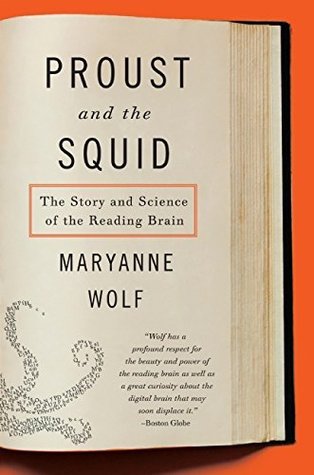From this larger interconnected view of language, memory, and knowledge, Socrates concluded that written language was not a “recipe” for memory, but a potential agent of its destruction. Preserving the individual’s memory and its role in the examination and embodiment of knowledge was more important than the indisputable advantages of writing in preserving cultural memory.
Welcome back. Just a moment while we sign you in to your Goodreads account.


